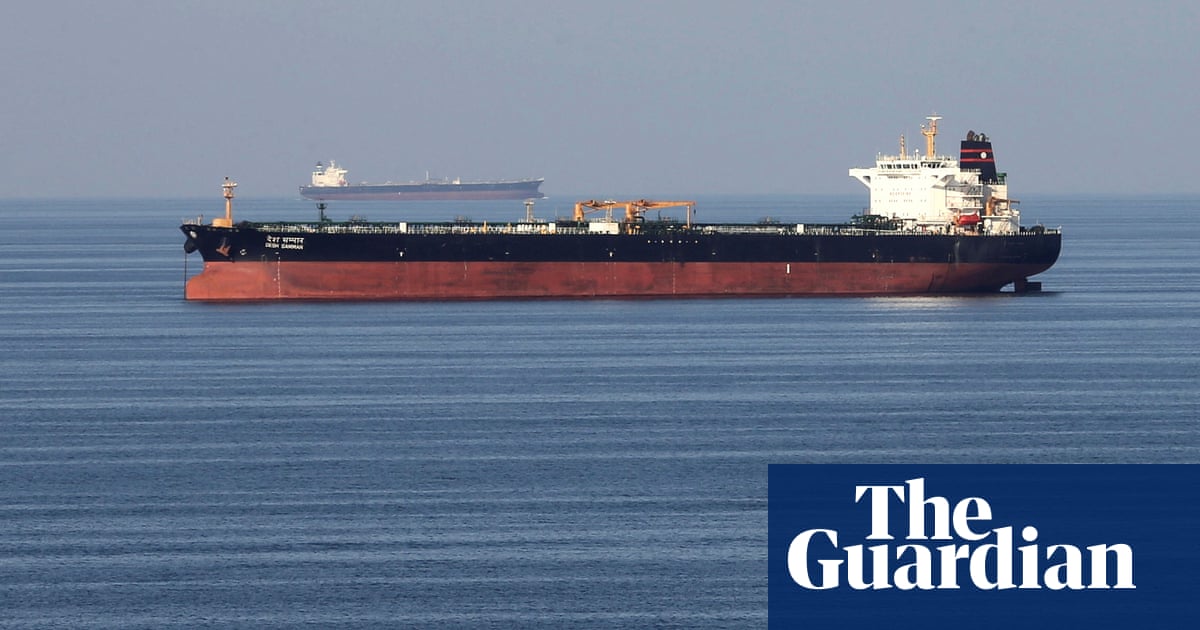An escalation in the Middle East conflict could have a “huge impact on global trade”, the boss of the oil company Shell has warned, as Donald Trumpsuggestedthe US could enter the air war between Israel and Iran.
Shell, one of the biggest traders of oil and natural gas in the world, said it had contingency plans in case the conflict disrupted flows from the region. There is a risk that a blockage in the strait of Hormuz could shock the energy market.
Speaking at an energy conference in Tokyo, Wael Sawan, the chief executive of Shell, said: “If that artery is blocked, for whatever reason, it has a huge impact on global trade… We have plans in the eventuality that things deteriorate.”
About a quarter of the world’s oil trade passes through the strait of Hormuz, which links the Persian Gulf to the Indian Ocean.
Oil prices have risen over the last week as the conflict has escalated. On Thursday, Brent crude rose nearly 1% to more than $77 (£57) a barrel.
“What is particularly challenging right now is some of the jamming that’s happening,” said Sawan, referring to the interference in navigation signals in and around the Persian Gulf.
The growing risk in the area has also more than doubled the price to charter large oil tankers through the strait of Hormuz, according to figures from the data and analytics firm Clarksons Research, reported by the Financial Times.
The daily price to charter a very large crude carrier, which is capable of carrying 2m barrels of oil, from the Gulf to China rose from $19,998 two days before Israel’s attack on Iran last week to $47,609 on Wednesday.
The sharp rise in costs far outpaces the 12% increase in the wider Baltic Dirty Tanker index over the same period. The index tracks crude oil tanker rates across the world.
Meanwhile, global stocks slipped slightly on Thursday, as investors bought assets that are typically more stable during volatile periods such as gold and the US dollar.
Sign up toBusiness Today
Get set for the working day – we'll point you to all the business news and analysis you need every morning
after newsletter promotion
The precious metal ticked up 0.1% to $3,372.36 an ounce, while the dollar rose against the euro, as well as the Australian and New Zealand dollars.
Trump said on Wednesday he had not yet made a final decision about the US entering the war. “I may do it, I may not do it. I mean, nobody knows what I’m going to do,” the presidentsaid.
Kyle Rodda, a senior financial markets analyst at Capital.com, said: “Market participants remain edgy and uncertain. Speculation remains rife – fed probably strategically by the Trump administration – that the US will intervene, something that would mark a material escalation and could invite direct retaliation against the US byIran.”
“Such a scenario would raise the risk of a greater regional conflict, with implications for global energy supply and probably economic growth,” Rodda added.
